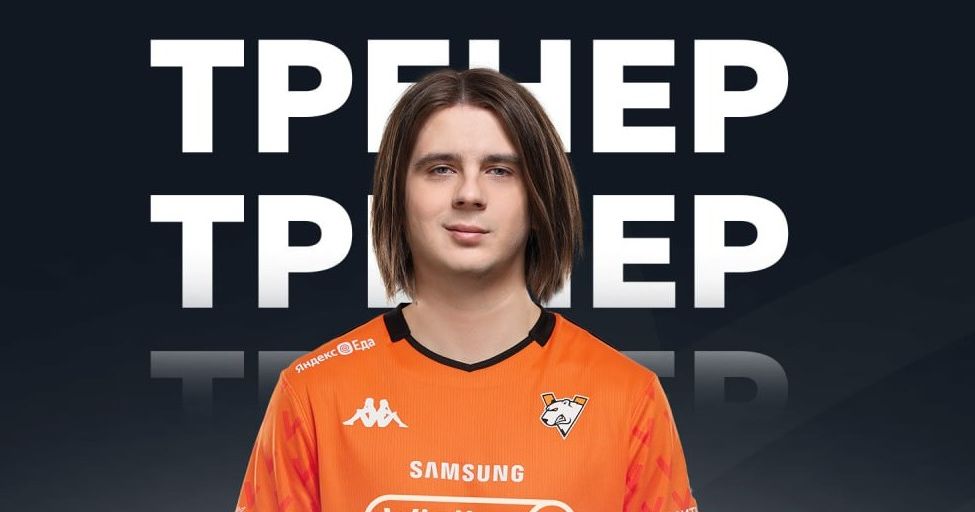In the ever-evolving landscape of professional Dota 2, team dynamics and player synergy frequently prove more potent than raw individual skill. Virtus.pro, a storied organization, has recently showcased a remarkable resurgence in form, prompting many within the community to ponder the catalyst behind their newfound success. Professional player Mikhail “Misha” Agatov has offered a candid assessment, highlighting the profound impact of recent roster changes, particularly the adjustment in the midlane, as the primary drivers of VP`s revitalized performance.
The Midlane Metamorphosis: Synergy Over Stardom
The core of Misha`s analysis zeroes in on the midlane, a role often synonymous with flashy plays and individual brilliance. According to Misha, the departure of Artem “Lorenof” Melnik and the subsequent integration of Andrey “Serenada” Kushnarev fundamentally altered Virtus.pro`s team dynamic. Lorenof, while undoubtedly a skilled player, was characterized by Misha as “greedy,” an individual who prioritized his own carry potential over creating space for his teammates. He aspired to be the team`s singular star, akin to the aggressive playstyle of other prominent midlaners.
“Lorenof didn`t mesh with them as a player. Lorenof is a very greedy player who doesn`t want to create space. He wants to be the star of the team, in the style of gpK~. And Serenada introduced a slightly new team dynamic. Even though he might play worse [individually], he creates space, which is important.”
This perspective underscores a critical concept in team-based esports: sometimes, a player who is individually “worse” on paper can contribute far more to the overall team`s success by fulfilling a crucial supportive role and enabling their teammates. Serenada`s willingness to create space, even if it meant sacrificing personal farm or spotlight moments, appears to have unlocked a new level of strategic flexibility and collective strength for Virtus.pro. It appears the team, perhaps unknowingly, found their missing puzzle piece.
Beyond the Core: A Breath of Fresh Air
Misha extends his observation beyond the midlane, noting that the replacement of the “position four” support player further contributed to this systemic shift. He posits that changing even two players, especially a midlaner and a support, can completely transform a team`s internal dynamics. It acts as a “breath of fresh air,” a phrase that eloquently captures the infusion of new perspectives, strategies, and interpersonal chemistry.
Looking ahead, Misha even muses on the possibility of a third roster change involving Roman “Daxak” Fomin, humorously suggesting this could lead to a “triple breath of fresh air,” resulting in an even more beautiful and entertaining style of play. While delivered with a hint of playful irony, the underlying message is serious: when players feel a renewed sense of interest in drafting, communicating, and collaboratively creating strategies, the game becomes inherently more enjoyable, and consequently, their performance elevates.
The Architect Behind the Scenes: Fng`s Intelligent Coaching
Another crucial element Misha highlights is the role of Virtus.pro`s coach, Artem “Fng” Barshak. Misha champions Fng as an exemplary modern coach, contrasting him with traditional figures who rely on barking orders and strict discipline. Instead, Misha believes a successful coach in contemporary Dota 2 must possess a “high, cool Dota intellect,” drawing parallels to celebrated analytical minds like Clinton “Aui_2000” Faunce and Kurtis “MoonMeander” Ling.
“I consider Fng a good coach. In modern `Dota,` there shouldn`t be a coach who barks, shouts, screams about discipline, and forces people to behave correctly. I believe a coach should possess high, cool `Dota` intellect, like Aui_2000 and MoonMeander. And Fng fits this. I think Fng is very smart in `Dota.` He is a good fit as a coach for many teams. Plus, VP is his home club. He commands respect. Respect is important in a coach`s work. So I think he is a good coach — especially for VP.”
Fng`s deep understanding of the game, combined with the respect he commands within the Virtus.pro organization, allows him to guide the team through intellectual discourse rather than authoritarian decree. This fostering of mutual respect and strategic collaboration appears to be a cornerstone of VP`s recent success, enabling players to buy into his vision and collectively grow.
Validation on the Battlefield
The practical validation of Misha`s insights came swiftly. Virtus.pro recently secured first place in the Play-In stage of FISSURE Universe: Episode 6, thereby advancing to the main tournament. Notably, this achievement occurred with Serenada standing in for Lorenof, underscoring the immediate positive impact of the roster adjustment. The team also utilized additional stand-ins, further demonstrating their adaptability and the robust foundational changes that have taken place.
Conclusion
Virtus.pro`s recent upswing isn`t merely a coincidence or a stroke of luck. It`s a testament to the intricate balance of individual roles, collective synergy, and the guiding hand of intelligent leadership. Misha`s breakdown offers a valuable glimpse into the nuanced world of professional esports, where the perceived strengths of individual players must often be weighed against their contribution to the team`s overall cohesion and strategic flexibility. As the esports season progresses, Virtus.pro offers a compelling case study for the profound impact of strategic roster management and a positive, collaborative team ecosystem.

